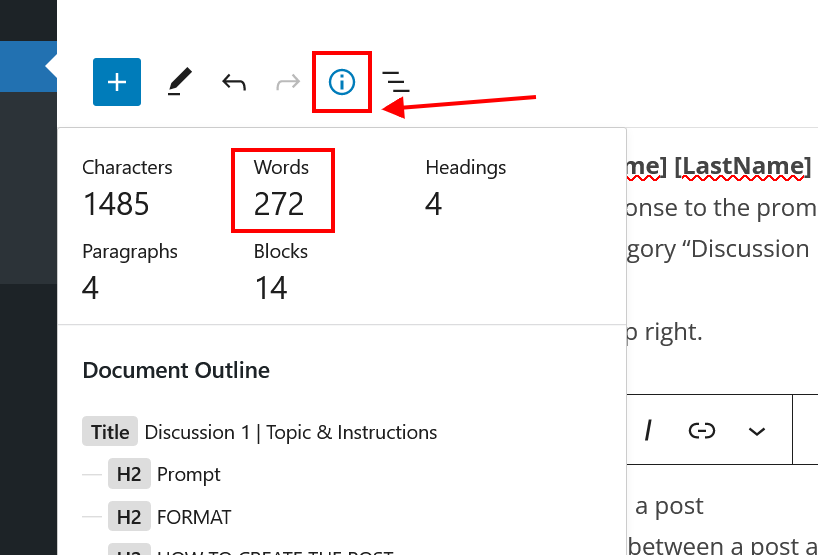I would say some of my main privileges lie in class. I am able to attend college. I’ve never had to worry about what or IF we would eat the next day. I live in a city where I have easy access to water and fresh food. My family (mother and sister) are supportive of me and my queer identity, which is one of the privileges I am most thankful for. I get very emotional and even feel “survivors guilt”, when I think about all of the LGBT people out there being physically, verbally, mentally abused by their parents/the world for their existence, and those still suffering in conversion camps. I am very lucky that there is something about me that prevents people from queer-bashing me on the street, or general street harassment. Every single LGBT person I know has experienced queerphobic harassment on the street, at least once, and many still deal with it on a regular basis, and it breaks my heart. Another privilege I hold is being able to be seen as a male in certain contexts, when I want or need to, for safety.
My oppression comes from being parts of multiple communities: Asian-American, Latinx, Queer, Trans, Gender-non conforming, disabled, 2nd gen, etc. I go about my existence very aware of how I move, and how I look. I have to code switch in certain situations to make myself more “palatable” and likely to be accepted. Like dress more like a cis-male when I worked in an office. Being disabled, in New York City is a huge frustration as barely any of the train stations are accessible, making it a struggle for me to go places, as I also don’t drive.
The “What is Privilege” video is great because I think the visual aid makes it more impactful. I’ve experienced this exercise before and it leads to further conversation on difficult topics and is beneficial to everyone who participates. it is a very good idea to incorporate this kind of exercise in school. When you can physically, visually see how “far ahead” you are to someone in the line, it’s easier to quantify and understand the degree of your privilege. The exercise in the video touches on sexual orientation, jobs, poverty, health, religious holidays, supportive family etc. Even the people who participated in the video were very visibly emotionally moved. The Asian man said “It’s interesting being an Asian-American, you’re not really sure where you fall on the spectrum of privilege.” I relate to this as I notice that America is very White vs. Black focused racially. Even the “White Privilege: Unpacking the Invisible Knapsack.” article, phrases it this way as the author prefaces her list as the things she is able to do with ease, that the African American people in her life cannot. The list can be informative and provoke self-reflection for other POC, and not just white people. We have varying levels of privilege, and many that are race specific.
No matter what kind of racial group or community you are part of you experience some degree of privilege. And that no oppression in one form negates whatever your overall privilege you may possess. I know someone who believed that because he is deaf it negates his white privilege. And the article “Unpacking the “White Privilege: Unpacking the Invisible Knapsack.” was a resource I was able to show him to help expand and challenge his mindset, without having to use my knowledge as a person of color, to place the emotional burden on myself to explain big things like types of privilege.
To say someone has privilege, means that they are in a position of power. They are able to do certain things without giving it a second thought, like questioning their safety, and without experiencing discrimination for being a part of that group.
Someone being oppressed is being stripped of power. They are harmed or limited by others because of the community/racial group they belong to. There is a hierarchical structure to society and oppression would “set you back” like physically represented in the “What Is Privilege” video by people stepping backwards in the line. Oppression strips us of power.

